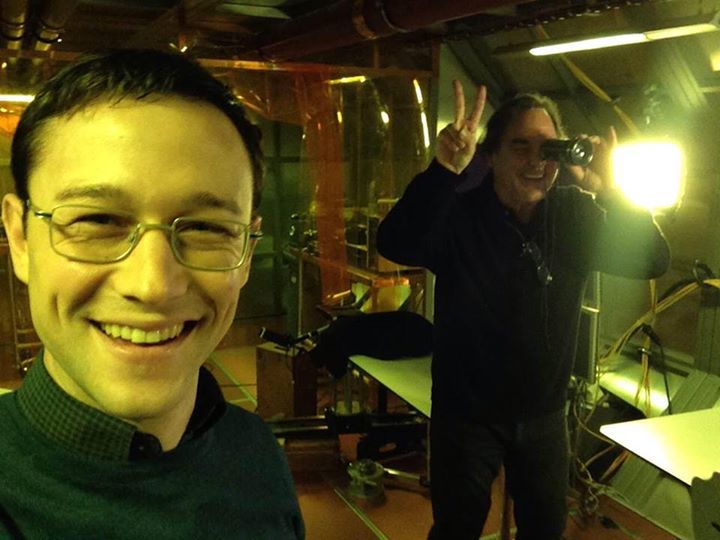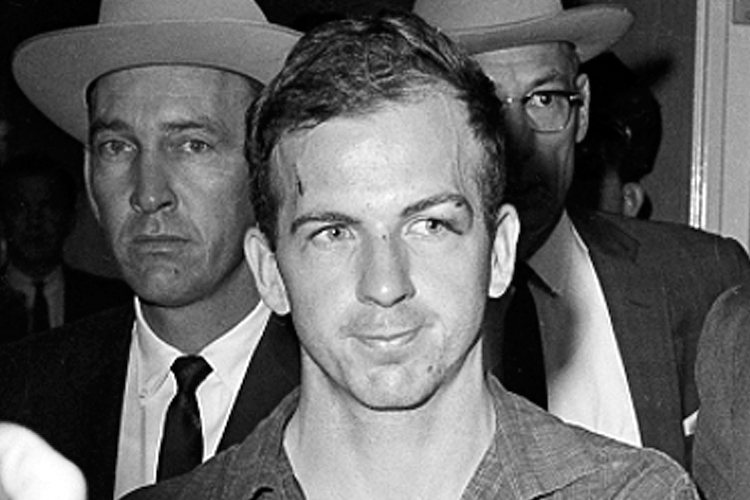I don’t trust the NSA or Oliver Stone with our information.
It was clear long before Edward Snowden to any American paying attention that our government had overreached into our privacy in the aftermath of 9/11. It’s not that there aren’t real dangers that need to be investigated, but treating every citizen like a threat is another kind of threat.
Stone is a very gifted filmmaker whose work seems informed by chemicals he (over-)experimented with as a youth. It’s galling that so many took his overheated JFK hokum seriously for so long and that some still do. His films are interesting provided no one uses them as history lessons.
That means the director’s upcoming take on Snowden should be…interesting? Well, let’s not prejudge.
Stephen Galloway of the Hollywood Reporter has an article about Stone’s paranoid approach to the making of the movie, which might be warranted in this case. He recently said this of the production: “We moved to Germany, because we did not feel comfortable in the U.S….we felt like we were at risk here.” An excerpt:
When Stone (whose films include Platoon, Born on the Fourth of July and Wall Street) was first approached to make the movie, he hesitated. He had been working on another controversial subject, about the last few years in the life of Martin Luther King Jr., and did not immediately wish to tackle something that incendiary again.
“Glenn Greenwald [the journalist who worked with Poitras to break the Snowden story] asked me some advice and I just wanted to stay away from controversy,” he said. “I didn’t want this. Be that as it may, a couple of months later, the Russian lawyer for Snowden contacts me via my producer. The Russian lawyer told me to come to Russia and wanted me to meet him. One thing led to another, and basically I got hooked.”
In Moscow, Stone met multiple times with Snowden, who has been living in exile in Russia since evading the U.S. government’s attempts to arrest him for espionage. “He’s articulate, smart, very much the same,” he said. “I’ve been seeing him off and on for a year — actually, more than that. I saw him last week or two weeks ago to show him the final film.”
He added: “He is consistent: he believes so thoroughly in reform of the Internet that he has devoted himself to this cause … Because of the Russian hours, he stays up all night. He’s a night owl, and he’s always in touch [with the outside world], and he’s working on some kind of constitution for the Internet with other people. So he’s very busy. And he stays in that 70-percent-computer world. He’s on another planet that way. His sense of humor has gotten bigger, his tolerance. He’s not really in Russia in his mind — he’s in some planetary position up there. And Lindsay Mills, the woman he’s loved for 10 years — really, it’s a serious affair — has moved there to be with him.”•




